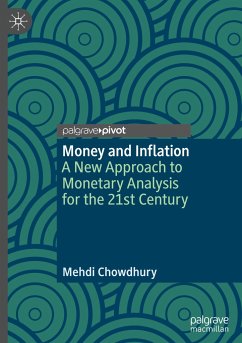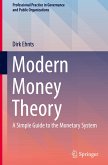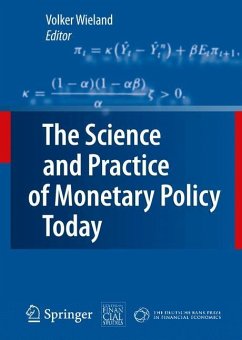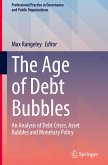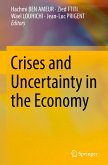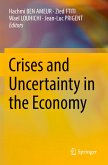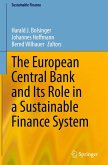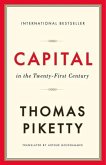The book goes beyond the usual understanding of money-physically, electronically or virtually expressed in term of monetary units like dollars, pounds, gold coins, or bitcoins-and discusses how money is best conceptualised as the ability of a person/party to obtain goods and services from another person/party. This ability may originate from the access of a person/party to money in usual sense (e.g. dollars, pounds) but also via force, social norms, mutual negotiation, altruism, trust or due to human biological characteristics. As the ability to obtain goods and services from others depends on the context - what functions as money in a time and place may not function as money in another time and place - as such money has no universal type or representation. The book explains inflation as the increased need to acquire money, that is the need to employ more physical and mental labour to create the ability to obtaina wide range of goods and services. This book provides an explanation of the post covid price hike and the cost of living crisis by taking this new theory into consideration, which will be of interest to academics, researchers, policy makers and students studying finance, monetary economics and inflation.
Bitte wählen Sie Ihr Anliegen aus.
Rechnungen
Retourenschein anfordern
Bestellstatus
Storno

